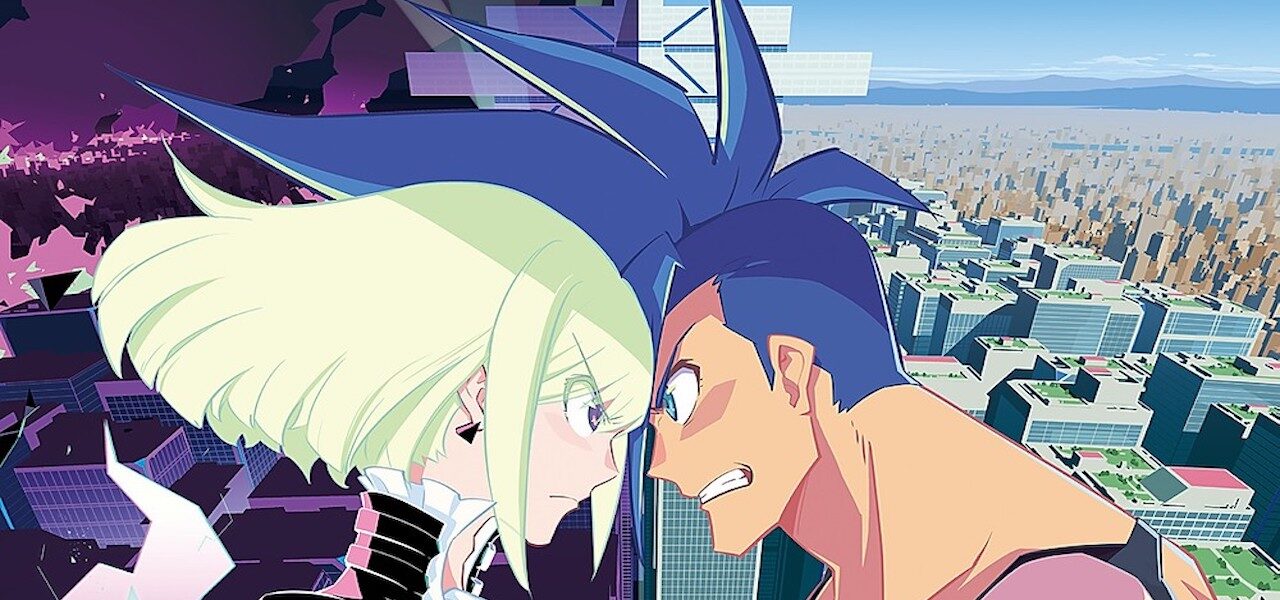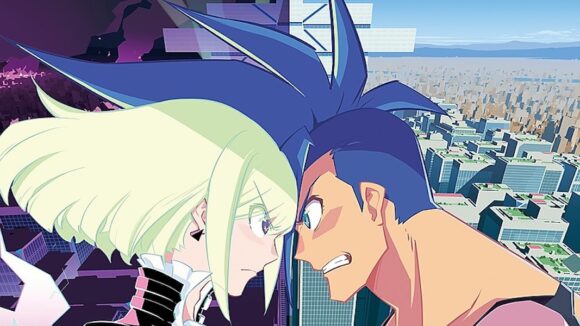

Japan’s Studio Trigger Settles With Former Employees Over Unpaid Overtime
The anime industry’s notoriously punishing working conditions have hit the headlines again. Studio Trigger, one of the best-known animation studios in Japan, has reached a settlement with former employees following union arbitration.
In a statement, the General Union’s Black Company branch explained that the dispute was over the studio’s misapplication of the country’s “discretionary labor system.” This system enables employers to pay staff a fixed wage, irrespective of hours worked, and it is often abused to avoid paying overtime — which was the problem in this case.
“It was tough,” the employees commented, “but we’re glad we were able to settle without any problems. We hope that the discretionary labor system will be used correctly in this industry.” The size of the settlement wasn’t disclosed. In its own statement, Trigger said it would “endeavor to improve working conditions.”
Founded in 2011 by Hiroyuki Imaishi and Masahiko Otsuka, Trigger is known for Imaishi’s recent feature Promare (image at top), as well as series like Little Witch Academia, SSSS Gridman, and the Netflix original BNA: Brand New Animal. Its works have won plaudits and legions of fans — Promare was nominated for an Annie this year.
The studio’s high profile has drawn attention to this dispute, but the fact is that such abuses of labor laws are commonplace in the anime world. Only last month, Studio 4°C (Tekkonkinkreet, Children of the Sea) paid around USD$26,800 to an employee who accused it of similar malpractice. It isn’t unusual for artists to work such long hours that they sleep in the studio, and to be paid so little that their rent has to be subsidized by benefactors.
Much has been made in recent years of the “anime boom” — the rapid growth in the market, fueled in large part by investment from streaming platforms in the U.S. and China. Trigger’s partnership with Netflix is an example of this. How much of this new money is trickling down to the underpaid, overworked artists? This case, and others like it, will bring that question into focus.
On Twitter, Trigger’s settlement triggered a lot of debate:
Another one bites the dust… This time is Studio Trigger that didn't paid their workers for overtime work (due to some "incorrect operation of the discretionary labor system"), suposelly on Gridman. Though, this issue was already solved amicably with both the B.Union and Trigger https://t.co/OPoyv3xkGH
— Evandro ペドロ (@evandro_pedro96) June 30, 2020
Want to point out that Trigger staff dismissed questions regarding overwork during their Q&A, despite them definitely being one of the problem studios. https://t.co/qAXsrQfoyo
— Canipa (@CanipaShow) June 30, 2020
What the Trigger news show us is that nobody's to blame and everybody is. It's not a question of who makes good art or not, but the fact that anime's business model relies intrinsically on this kind of frauds
— Animétudes (@MatteoWatz) June 30, 2020
It will be interesting to see if anything happens given trigger do rely a lot on fans (their patreon which seems to create unnecessary work for their overtimed artists for a trickle of that money can easily be criticised). I hope there are more chances for this to create change.
— Cen (@Cenkazor) June 30, 2020

.png)